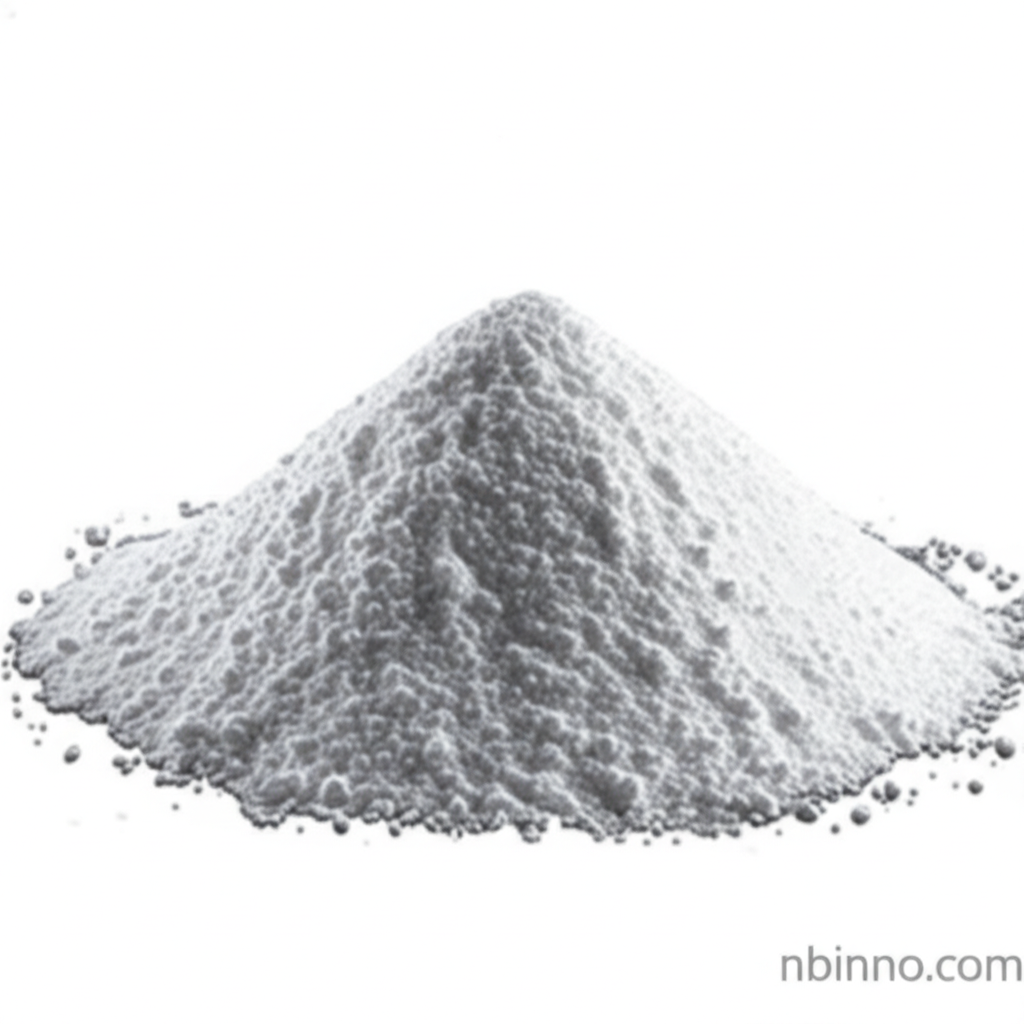Understanding Lactose: Properties, Applications, and Market Trends
A deep dive into the essential properties and diverse applications of Lactose (CAS 63-42-3).
Get a Quote & SampleProduct Core Value

Lactose
Lactose, identified by CAS number 63-42-3, stands as a crucial ingredient in the pharmaceutical and fine chemical industries. With a purity of 99%, this white crystalline powder or crystal is derived from milk, serving as a fundamental building block in numerous formulations. Its molecular formula, C12H22O11, and molecular weight of 342.34, along with its specific solubility and density, define its handling and application characteristics. As a key pharmaceutical excipient and fine chemical intermediate, understanding the properties of lactose is vital for formulators and manufacturers seeking reliable ingredients.
- Discover the key properties of lactose, including its high purity of 99%, making it a reliable pharmaceutical excipient.
- Explore the chemical specifics of lactose, such as its molecular formula C12H22O11 and molecular weight 342.34, essential for fine chemical synthesis.
- Learn about the physical characteristics of lactose, appearing as white crystals or powder, with defined solubility and density for optimal use.
- Understand the market positioning of lactose as a vital fine chemical intermediate, sourced from trusted manufacturers like those in China.
Key Advantages of Using Lactose
High Purity and Consistency
The 99% purity of lactose ensures consistent performance, crucial for pharmaceutical excipient applications where product integrity is paramount. This high purity contributes to reliable formulation outcomes.
Versatile Chemical Intermediate
As a fine chemical intermediate, lactose serves as a foundational component in the synthesis of various complex molecules, supporting innovation in chemical research and development.
Reliable Supply Chain
Sourced from reputable manufacturers, lactose ensures a stable and dependable supply chain for industries relying on consistent access to this essential chemical, facilitating uninterrupted production.
Key Applications
Pharmaceutical Excipient
Lactose is widely used as a filler, binder, and diluent in tablets and capsules, playing a critical role in drug delivery and formulation stability, supporting the creation of effective medicines.
Fine Chemical Intermediate
In the realm of fine chemicals, lactose acts as a precursor for synthesizing specialized compounds, contributing to advancements in various chemical and biological applications.
Food Industry Ingredient
Its natural sweetness and functional properties make lactose a valuable ingredient in food products, contributing to texture and flavor profiles in confectionery and baked goods.
Nutritional Supplement Component
Lactose can be found in nutritional supplements, providing a carbohydrate base and aiding in the delivery of active ingredients, supporting health and wellness products.
